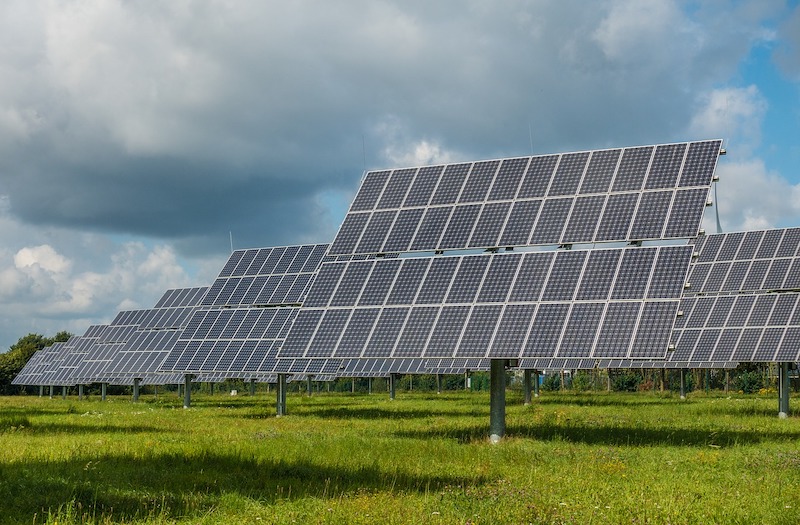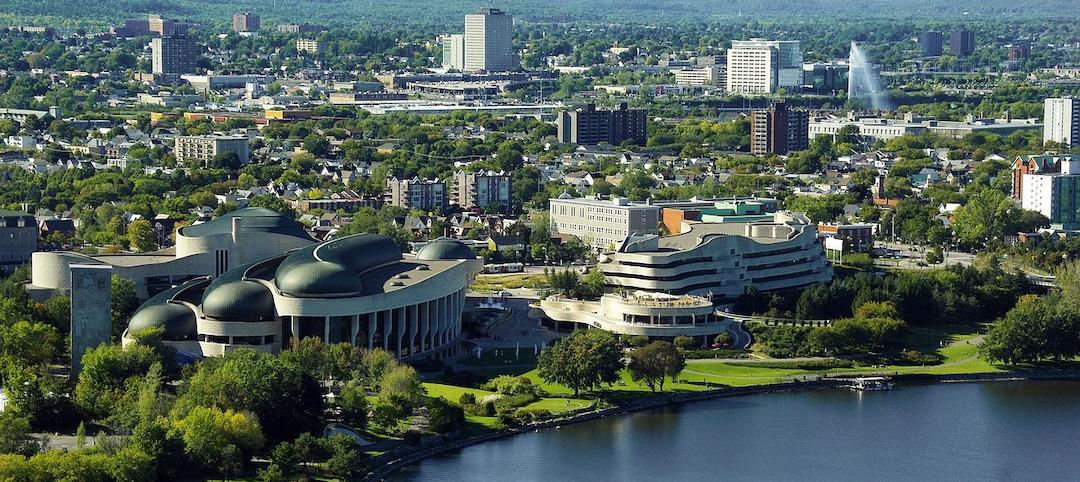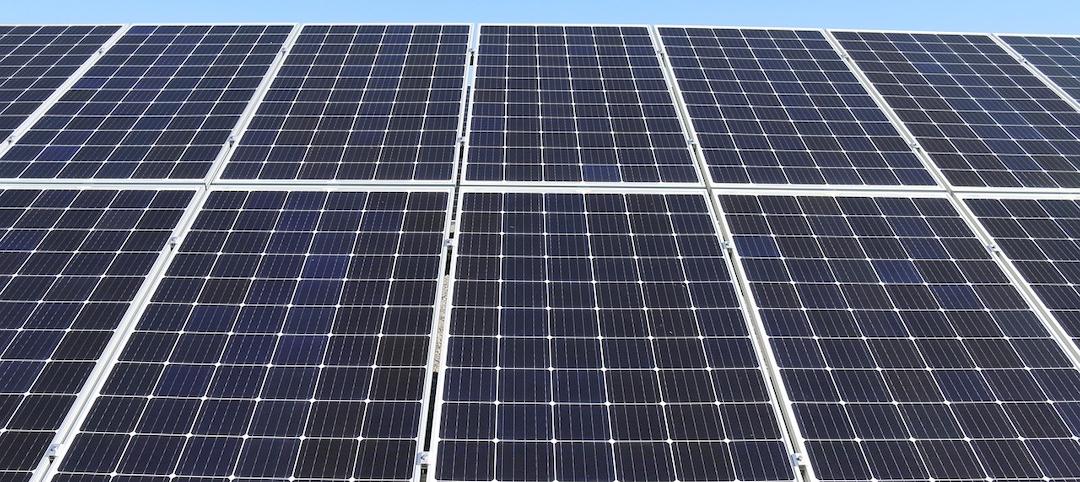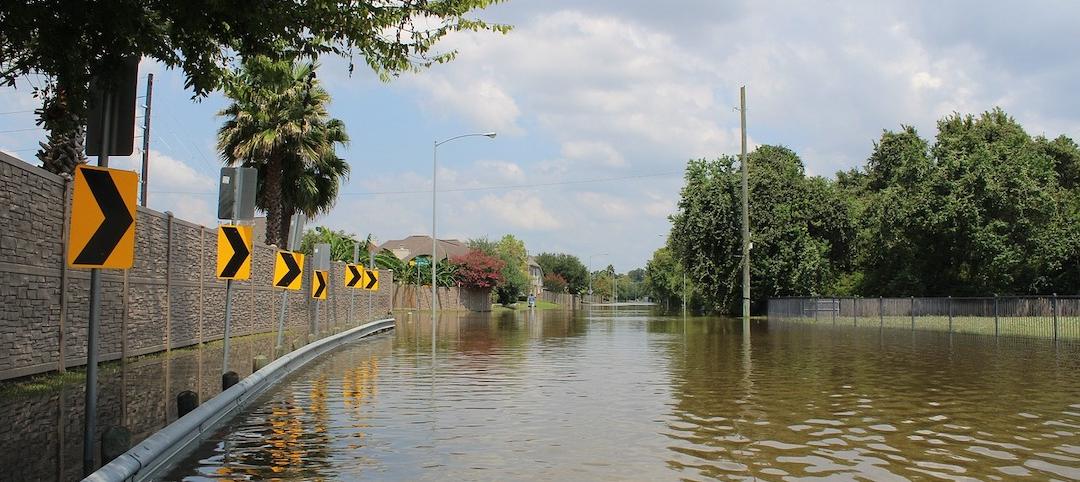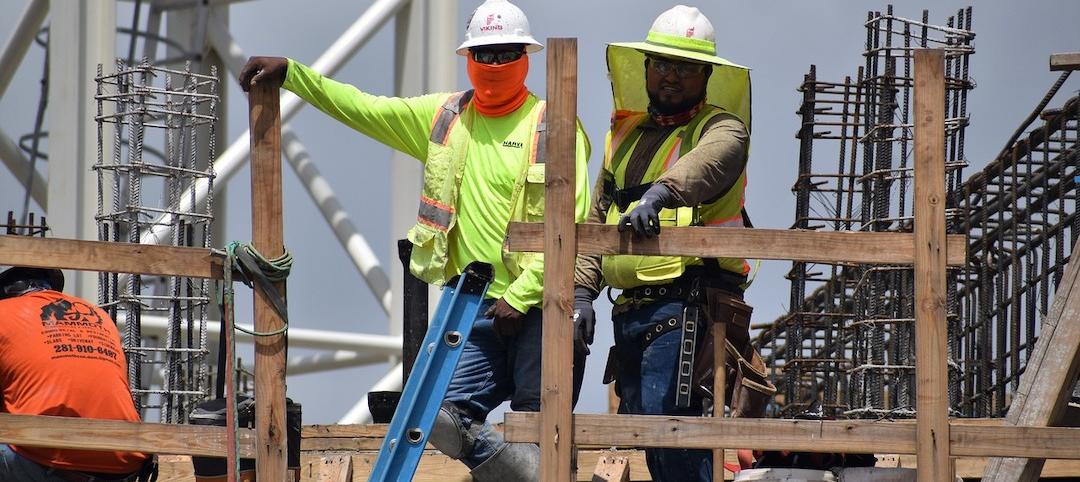The 2021 Solar Investment Tax Credit (ITC) was scheduled to step down to 22% this year, but will stay at 26% after Congress struck a last-minute bipartisan deal on a major energy bill within an omnibus package to fund the federal government.
The legislation provides a two-year extension of the solar Investment Tax Credit (ITC) and additional funding for research and development, including on soft costs critical to distributed energy deployment. It also includes support for more access to federal lands for renewable energy projects.
Under the legislation, the solar ITC will remain at 26% for projects that begin construction in 2021 and 2022, step down to 22% in 2023, and will be further reduced to 10% in 2024 for commercial projects. The residential credit will end in 2024.
The bill also provides loan guarantees for projects that deploy innovative emission-reducing technologies, and establishes new programs to accelerate the transition to clean energy. The legislation includes fossil fuel and nuclear research and development funding, but it shifts funding parity toward renewables.
Related Stories
Codes and Standards | Jan 19, 2022
Canada’s Trudeau seeking building codes changes, net-zero emissions building strategy
Prime minister also wants net-zero electricity grid by 2035.
Codes and Standards | Jan 18, 2022
Greater emphasis on building materials needed to achieve net-zero carbon offices
Engineered wood, straw, and bamboo can be keys to achieving goal.
Codes and Standards | Jan 17, 2022
AISC seeks comments on draft earthquake standard for steel buildings
Includes new limits for cross-sectional slenderness of steel columns based on latest research.
Codes and Standards | Jan 12, 2022
California’s wildfire building code significantly reduces structural loss
As other states consider upgrading their codes, Golden State provides useful model.
Codes and Standards | Jan 12, 2022
Regulator holding back climate-friendly, energy-saving equipment deployment, critics say
Heat pumps, solar power could be made more accessible for low-income communities in Massachusetts.
Codes and Standards | Jan 11, 2022
Cost hikes drive nearly one million renters out of homeownership qualification in 2021
Household income needed to pay a mortgage rose to $62,872 from $55,186.
Codes and Standards | Jan 10, 2022
New ratings services focus on climate risk for homeowners
Efficacy of models used in risk assessment varies.
Codes and Standards | Jan 6, 2022
Virginia contractors having a tough time finding diverse subs to meet state goals
Survey of primes may indicate similar issues at federal level.
Codes and Standards | Jan 5, 2022
Boston drops parking requirements for affordable housing
Measure expected to spur new projects.
Codes and Standards | Jan 4, 2022
Dept. of Energy Better Climate Challenge aims for 50% GHG emission reduction by 2030
Program offers technical assistance and peer-to-peer knowledge sharing.


